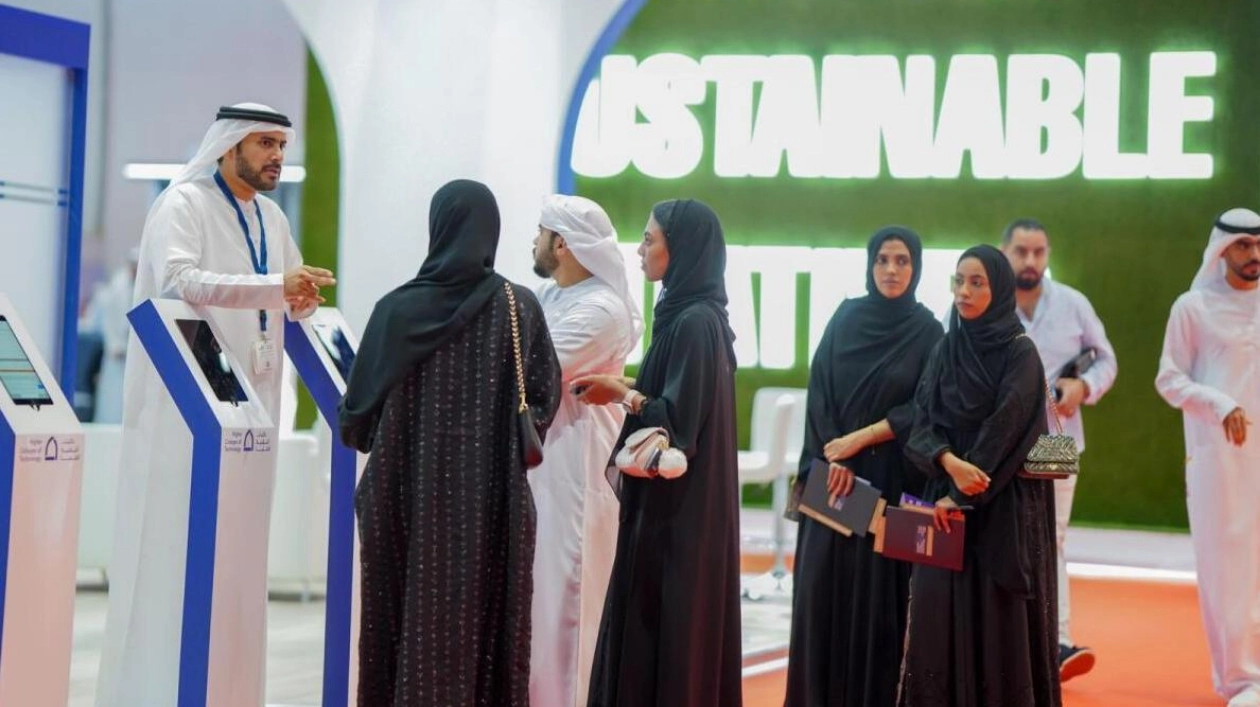A recent survey has shown that CEOs in the UAE are more optimistic about economic growth prospects compared to their global counterparts, with 96% expressing confidence in their industry’s growth. This figure stands significantly higher than the 79% of CEOs in the Middle East and the global average of 72%, according to the KPMG UAE CEO Outlook Report 2024.
The report, which surveyed 1,325 CEOs worldwide, highlights that UAE CEOs are backing their businesses to thrive despite global economic uncertainties. The UAE’s stable economy, supportive business environment, and the government’s emphasis on innovation and sustainability are key factors contributing to this confidence.
Nearly half (48%) of UAE CEOs have a high appetite for mergers and acquisitions (M&A), compared to just 28% in the Middle East. Emilio Pera, Senior Partner and CEO of KPMG Lower Gulf, noted that AI adoption and ESG investments remain top priorities for UAE CEOs, reflecting their strategic focus on future growth. Emiratization is also seen as a crucial element in promoting a more inclusive economy and enhancing long-term stability.
The KPMG report further emphasizes that UAE CEOs’ optimism is largely driven by trust in leadership and government policies. The nation’s thriving tourism sector and continued economic expansion, coupled with high rankings in safety and security, contribute to its positive economic outlook. The UAE’s GDP growth is projected to reach 4.1% by 2025, with 100% of UAE CEOs expecting to increase headcount over the next three years, compared to 92% globally.
A continued focus on Emiratisation is expected to propel the private sector forward, with 68% of CEOs believing that investment in skills development and lifelong learning is essential for future talent pipelines. Additionally, 76% of CEOs in both the UAE and globally anticipate that AI will not significantly reduce jobs within their organizations over the next three years, with 52% of UAE CEOs considering generative AI a top investment priority for 2024.
UAE CEOs also align with the country’s sustainability agenda, with 56% expecting returns on ESG investments within 3 to 5 years, compared to 55% globally. However, both global and local CEOs foresee the need to balance centralized and devolved strategies in response to geopolitical uncertainties and climate change.






